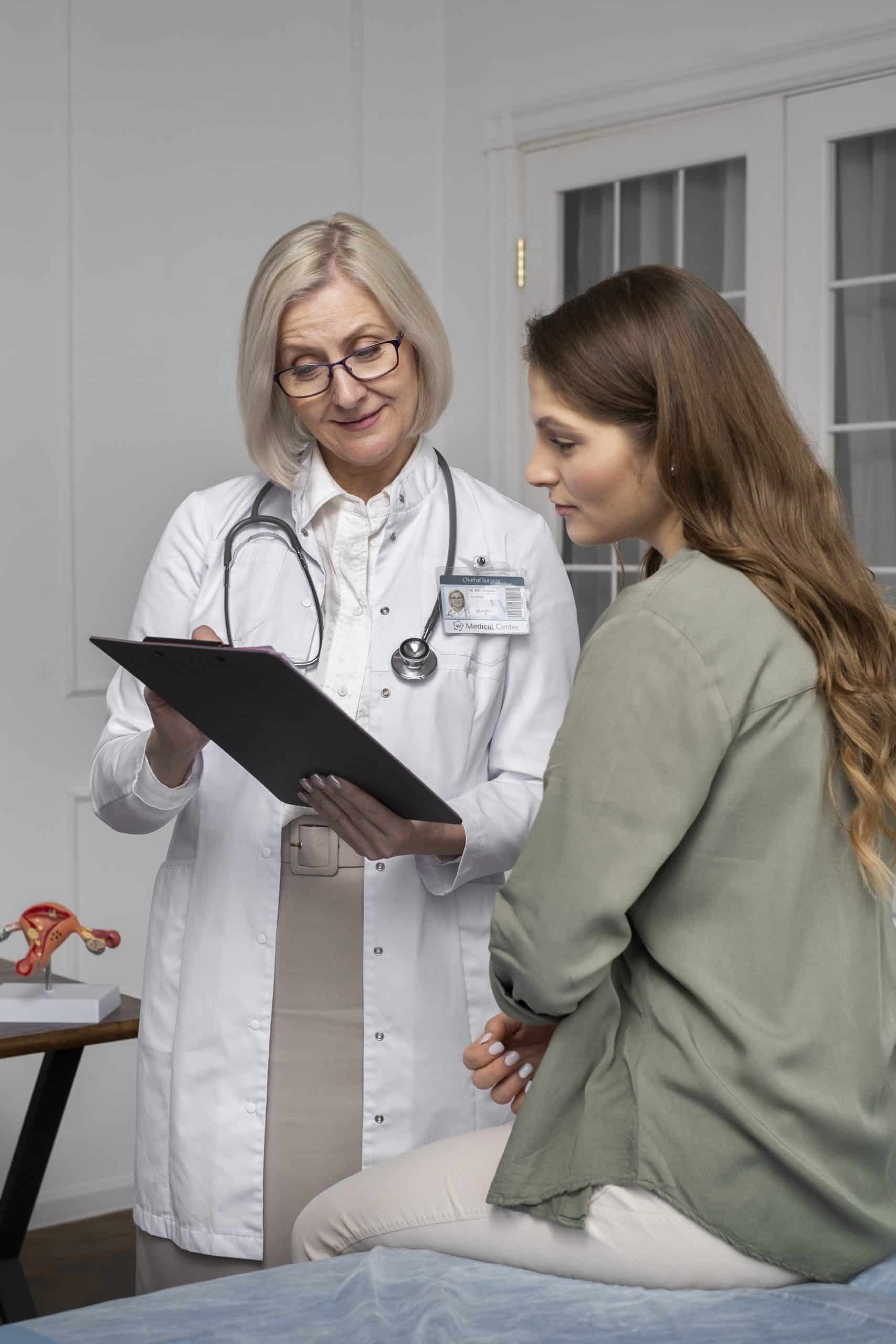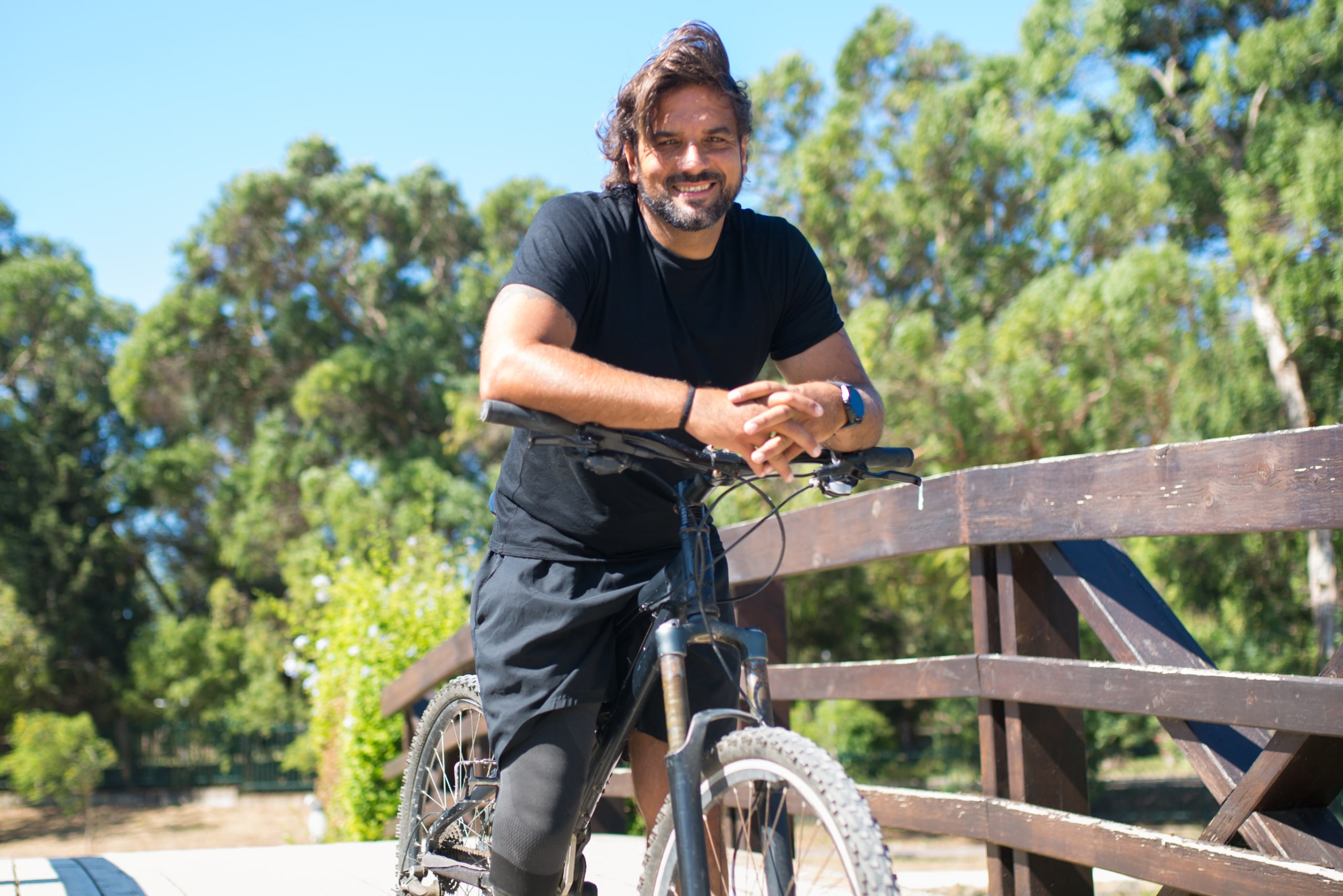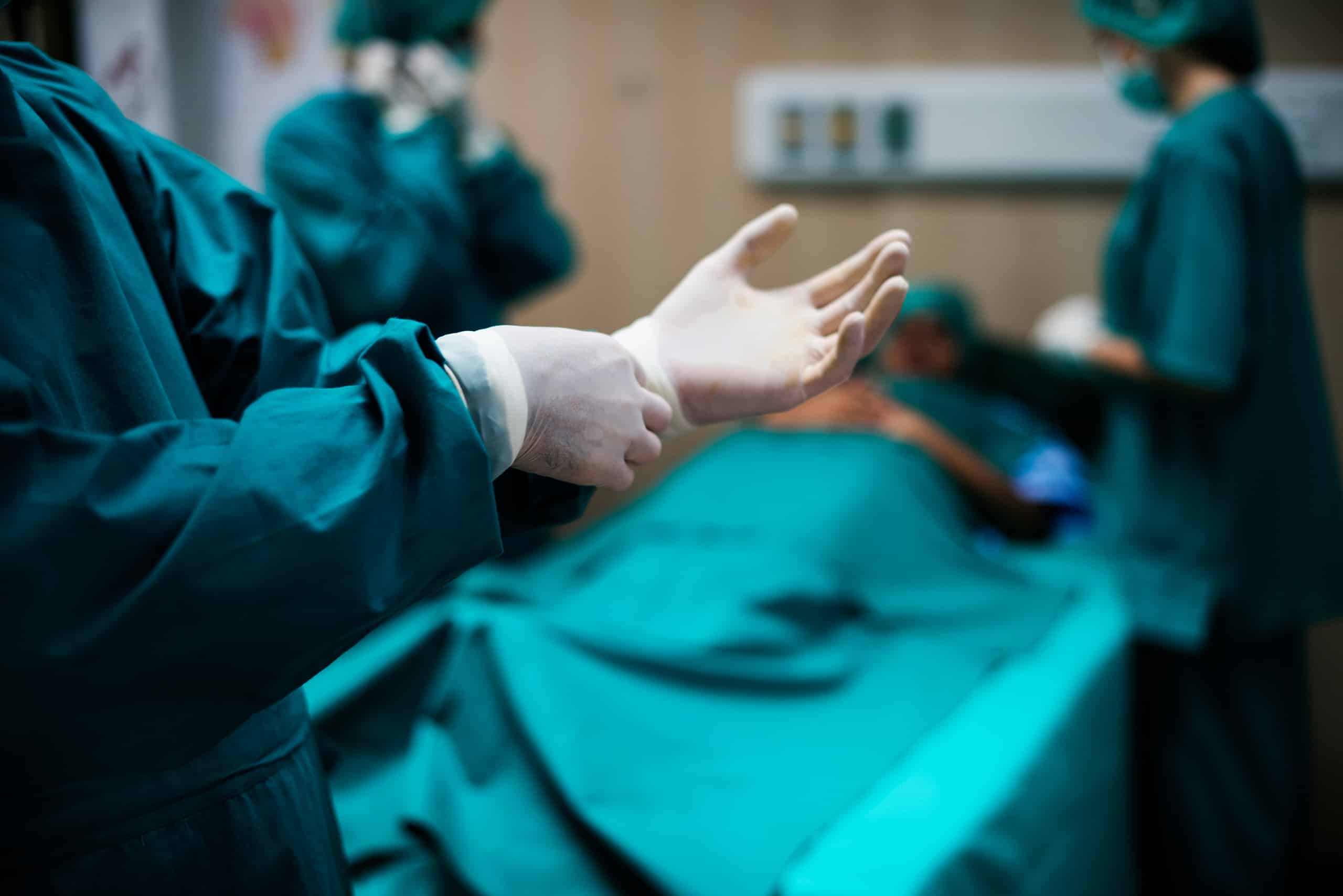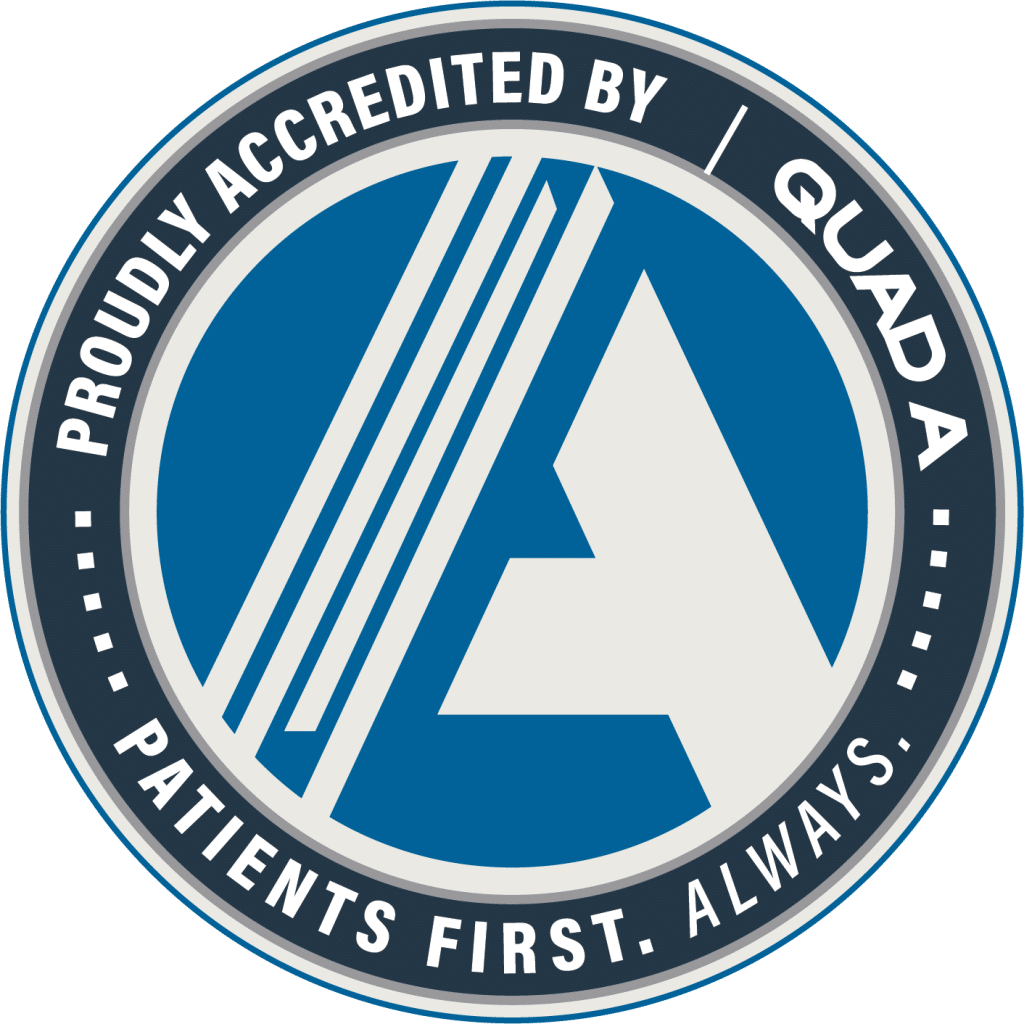At Vascular Care Specialists of Los Angeles, we understand how overwhelming it can feel when you notice issues like swollen legs, discomfort, or visible veins. You might be wondering what’s happening and how serious it could be. First, know this—you’re not alone, and we’re here to help guide you toward relief and answers...
Venous Disease Specialist Near Me | Vascular Vein Clinic & Treatment Los Angeles
Early Signs That Shouldn’t Be Ignored
Venous disease is a progressive condition that affects how blood flows back to the heart through the veins. It often starts with mild symptoms such as leg heaviness, swelling, and fatigue. Left untreated, it may lead to venous insufficiency, skin changes, and ulcers. Visiting a vascular specialist for venous disease near me ensures that even early signs are evaluated and managed. Symptoms like varicose veins or recurring leg pain should not be ignored—especially when relief is possible through expert vein care.
Patients experiencing these signs often benefit from a consultation at our venous disease clinic in Los Angeles. Our doctors use advanced diagnostics to assess vein conditions and identify vein problems that may not be visible externally. Understanding the underlying issue early can prevent the need for more invasive procedures later on.
Diagnosis and Treatment Options for All Conditions
Every patient undergoes a thorough vascular evaluation using ultrasound and physical assessments. At our clinic, we diagnose various vein conditions including varicose vein issues, vein insufficiency, and chronic swelling. If you're seeking venous disease treatment Los Angeles, our clinic offers minimally invasive vascular procedures tailored to your condition. We treat issues ranging from mild cosmetic concerns to more complex cases that require coordinated vascular care.
Our doctors customize every treatment plan to address vein disease severity and patient goals. We commonly use treatments like sclerotherapy, laser therapy, and radiofrequency ablation. Patients requiring ongoing support also receive lifestyle guidance and support managing related issues such as peripheral circulation problems.
Our clinic works to simplify treatment. From flexible appointment scheduling to providing access to comprehensive care, our team ensures patients feel supported. Whether you’re managing pain, swelling, or visible veins, our approach restores both function and confidence.
Why Patients Choose Us for Specialized Vascular Care
Unlike general practices or cosmetic vein clinics, our center focuses entirely on vascular health. Our board-certified doctors are trained to treat complex vascular disease and conditions associated with chronic venous disorders. Each vein specialist on our team brings expertise in diagnosis, treatment planning, and execution of advanced therapies. We also help manage related concerns such as skin breakdown and wound healing when vein conditions have progressed.
With years of experience in treating venous disease in Los Angeles, we serve patients seeking permanent relief from chronic symptoms. Our location allows patients across Southern California to access high-level care without traveling far. We even offer teleconsultation options to streamline your first appointment or follow-up.
Patients benefit from our cutting-edge diagnostic tools, compassionate providers, and educational resources. Our doctors will help you understand your diagnosis and every aspect of your treatment plan. You can even schedule online to begin the process with just a few clicks. Every visit to our clinic is focused on delivering personalized care and achieving lasting results.
We also educate patients on prevention and maintenance after treatment. From avoiding long periods of inactivity to using compression garments when necessary, our care extends beyond the clinic visit. Your results matter—and so does your long-term comfort.
If you’ve been searching for a vein clinic that addresses your full range of symptoms—from swelling to vein pain—our team is ready to help. Whether your condition requires simple treatment or surgery, our approach is always grounded in evidence-based care.
Don't wait for symptoms to worsen. Book your appointment with a venous disease specialist near me today. Whether you're suffering from chronic pain, swelling, or unsightly veins, the path to better vascular health begins here.


At VCSLA, we take a personalized approach to diagnosing venous disease because we know every patient’s journey is unique. Here’s how we pinpoint the issue:
A thorough evaluation of your symptoms and visible signs of venous disease.
A painless, non-invasive test that uses sound waves to visualize blood flow in your veins. It helps us identify areas of poor circulation, clots, or valve issues.
In complex cases, we may use other imaging techniques to get a clearer picture of your veins.
Treatment Options
Your care plan will depend on the severity of your venous disease, but rest assured—we offer a full range of treatments to help you feel your best.

01
Lifestyle Changes
Small adjustments can make a big difference. Elevating your legs, wearing compression stockings, and staying active can improve circulation and ease symptoms.

02
Minimally Invasive Treatments
Endovenous Laser Ablation (EVLA): A minimally invasive procedure that uses laser energy to close off problematic veins.

03
Surgical Interventions
In rare cases, surgical procedures like vein stripping or bypass may be recommended for severe cases of venous disease.

04
Ongoing Management
For chronic conditions, we’ll work with you to manage symptoms and prevent complications through regular check-ins and tailored advice.
Venous disease often comes with visible signs and uncomfortable symptoms. Recognizing these early is key to getting the right care.
Risk Factors
Common Symptoms:
- Achy, heavy, or tired legs, especially after standing or sitting for long periods.
- Swelling in the lower legs or ankles.
- Persistent leg ulcers that are slow to heal.
- Enlarged, twisted veins (varicose veins) or small, visible clusters of veins (spider veins).
- Discoloration or darkening of the skin, especially around the ankles.
Symptoms
While anyone can develop venous disease, certain factors increase your risk:
- Age: The risk rises as we get older.
- Gender: Women are more likely to develop venous disease, especially during or after pregnancy.
- Family History: Genetics can play a significant role.
- Prolonged Standing or Sitting: Jobs or activities requiring long periods in one position can increase your risk.
- Obesity: Extra weight puts added pressure on the veins.
The team at VCSLA is incredible! They took the time to explain my treatment options and made me feel completely comfortable. I’m grateful for their expertise and compassionate care.
Mei Saeng
Beverly Hills, CA
Dr. Cheung and Dr. Lin are truly experts. They guided me through every step of my procedure, and the results have been life-changing. I feel healthier and more confident than ever!
Michael Thompson
Anaheim, CA
From the first consultation to my follow-up appointments, the entire experience at VCSLA has been exceptional. The staff is attentive, and the doctors genuinely care about their patients.
Cynthia Gutiérrez
La Jolla, CA
Our commitment to excellence in vascular health is backed by our team’s extensive credentials, advanced treatment options, and a proven history of successful outcomes. From state-of-the-art technologies to compassionate, personalized care, we prioritize your well-being at every step of the journey.
- Board-certified specialists with decades of combined experience in vascular care.
- Proven success stories with patients experiencing improved mobility, faster healing, and better quality of life.
- Cutting-edge diagnostic and treatment technologies tailored to your specific needs.

Our expert team is here to provide personalized care and advanced treatment options tailored to your unique needs.
Schedule your consultation today and take the first step toward better vascular health.